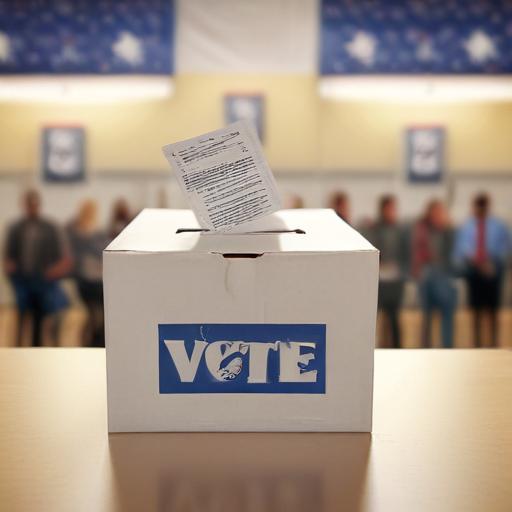Incumbent Jumaane Williams is seeking re-election for his second and final four-year term as New York City’s public advocate. His primary challengers are Assemblymember Jenifer Rajkumar and Marty Dolan. The Democratic primary winner is anticipated to face no opposition in the general election this November.
The public advocate position, while not traditionally known for direct power, plays a crucial role as the government’s main elected watchdog and is first in line for the mayoral succession. Williams is recognized for progressive initiatives, such as the “Worst Landlord Watchlist,” aimed at holding landlords accountable, while Rajkumar has plans to transform the office into a powerful legal resource.
Both candidates are committed to addressing pressing city issues, including affordability and public safety, and aim to hold the next mayor accountable. While Williams emphasizes his progressive credentials and challenges to Trump-era policies, Rajkumar presents herself as a moderate alternative, questioning Williams’ approach and work ethic.
Williams, previously a city councilman from 2010 to 2019, has held the public advocate position since 2019, known for his vocal stand on immigration and police misconduct, often through civil disobedience. Rajkumar made history as the first South Asian-American woman elected to a state office in New York and has a background in immigration affairs, where she led initiatives to assist immigrants. Her recent legislative proposal, Penny’s Law, aims to increase accountability for pet owners regarding aggressive dogs.
Dolan, a retired insurance executive with a long career in banking, has also entered the race, stressing his concerns over city governance and policy failures. He previously ran for a Congressional seat against Rep. Alexandria Ocasio-Cortez.
As election day approaches, the candidates’ differing visions for the role of public advocate highlight a broader ideological divide within the Democratic party, making this primary a significant barometer for the party’s future direction in New York City.
This election is not just about holding office; it’s about influencing the very fabric of city governance and advocating for a progressive agenda that tackles the city’s mounting challenges.
